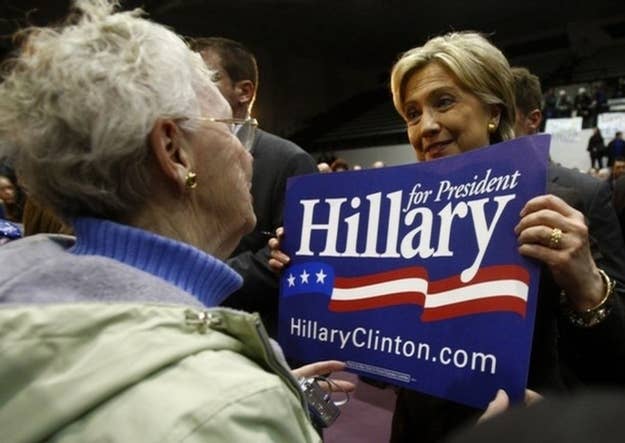
Mitt Romney and other Republicans have made the case that Romney’s inability to close out the primary process and force Newt Gingrich and Rick Santorum from the race won’t hurt him – and could in fact be a useful, party-building exercise.
The evidence they typically cite: 2008, when the long, high-profile battle between Hillary Clinton and Barack Obama helped prepare Obama for November and propel him to the White House.
“It’s reminiscent of the contest between Obama and Clinton on the other side in 2008,” Senate Majority Leader Mitch McConnell said last week. “Obviously, that ended at some point. … And it didn’t seem to have done them any harm in the general election, and I don’t think this contest is going to do us any harm either.”
“A competitive primary does not divide us; it prepares us,” Romney said in his Florida victory speech.
But veterans of the 2008 Democratic primary say the comparisons are risible. Republicans are fighting over different kinds of questions, they say, and failing to generate the partisan excitement that swelled in the spring of 2008.
First, Clinton and Obama struggled to find deep differences on fundamental issues. Obama tacked to Clinton’s right on health care, and struggled to stay to her left on the war. But the central battle was about trust and about generational change.
“I think that it's a party divided by ideology rather than divided by personalities and so it's fundamentally different,” former Clinton pollster and chief strategist Mark Penn told BuzzFeed.
What’s more, Obama struggled all spring to bring to a halt a great political machine and dynasty, a national organization with decades-old roots, and a woman with deep personal pockets, a flock of loyal donors, and millions of admirers.
“These people are not Hillary Clinton,” said Jonathan Prince, a top aide to John Edwards in 2008 who went on to work for the Clinton State Department. “That is the case of the longtime massive frontrunner in the race still showing strength.”
“Romney's three remaining competitors are 1. A guy who proudly admits he doesn’t employ a pollster 2. Probably the most erratic polarizing Speaker in history 3. A libertarian who is running for his own entertainment,” said Bill Burton, Obama’s campaign press secretary, who now runs the Democratic SuperPAC Priorities USA.
“In 2008, Obama had to answer tough questions from Clinton virtually every day about his lack of experience, associations, and policy. By the time he made it to face McCain, he was actually running laps around a Senate veteran on policy and experience questions,” he said. “For Romney, there has simply been no sustained challenge.”
Of course, the primary also signaled some of Obama’s enduring weaknesses. Some of the economy-focused white Democrats who supported Clinton to the end remain are the swing voters of 2012.
For Romney, weakness in the caucuses are primaries dominated by the party's activist core have revealed his weakness with the base, and an inability to inspire the moderate Republicans who support him in polls to show up and vote. The activists will have to be energized for November; the moderates will have to be convinced to show up and to support him. In the meantime, instead of building a cadre of supporters, Romney is searching for a way to connect.
Said Prince: "The turnout is a huge sign of weakness."
